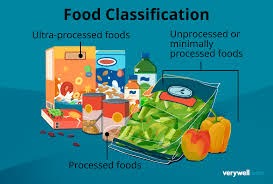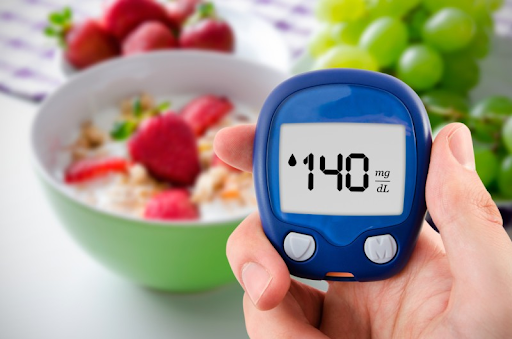
We’ve all heard people mention that some of the food we’re eating is processed and that it’s bad for us, but do we truly know what processed foods are? Processed foods have several definitions under different institutions, for example, the U.S Department of Agriculture has a different definition compared to that of The Institute of Food Technologists. To sum it up we can best define processed foods as any item of consumption (food or drink) that has been altered in some way when it was made. That means actions such as washing, microwaving, cutting, canning, freezing, filtering, packaging, and all sorts of activities associated with foods are considered processed. According to the Harvard School of Public Health, this means that all products in a supermarket are considered processed. This then raises the question, are all processed foods bad for us?
The answer to this question is a flat no. Unfortunately, many people believe in the misconception that all processed foods are detrimental to our health. What many consumers are unaware of is that there are different levels of processed foods. These levels are categorized as unprocessed/minimally processed, processed culinary ingredients, processed, and ultra-processed. These four categories are best classified by the 2009 NOVA classification. To better understand these categories, a list can be illustrated to describe and determine the level of change a food has undergone:
- Unprocessed/minimally processed – Unprocessed foods are ones that have not been altered from their original state whatsoever. Unlike unprocessed foods, minimally processed foods are items that have experienced minor alterations. Such foods are not subjected to changes in their nutritional value, rather they are altered for reasons such as storage. Some slightly processed foods are even better to have than their natural forms. For example, milk is better to have once it’s gone through the process of pasteurization. By doing this, harmful bacterias are killed that could have originally led to disease proving that just because something is processed, does not necessarily mean it’s bad for us.
- Processed culinary ingredients – This category consists of foods that we wouldn’t normally eat on its own. The purpose of these foods, ingredients is more like it, is to assist in the cooking process. This includes oils, nuts, honey, and even syrup (ones without added artificial sweeteners). These foods are considered processed because they’ve undergone activities such as milling, refining, pressing, or grinding.
- Processed foods – For this specific category, the focus on processing is to enhance flavors and texture along with intensifying durability. Such foods are usually made from few ingredients and are meant to be eaten without any preparation. Furthermore, these foods are typically subjected to added sugar, salt, and fat. Typical/well-known processed foods included canned fruits, fish, vegetables and all kinds of on-the-go foods.
- Ultra-processed foods – Ultra processed foods, otherwise known as high-processed foods, are similar to the previous category except they don’t just contain additional sugar, salt, and fat, but they also include artificial sweeteners, artificial colors, emulsifiers, preservatives and many other additives. These products are designed to have longer shelf life along with further enhancing texture and taste. These items undergo mass production making them relatively cheap and more favorable to buy. Due to the low prices, ultra processed foods are considered a staple in the American home and is even estimated to make up 60% of the calories Americans consume in their diet. A lot of these products experience less nutritional value including chips, cookies, sodas, breakfast cereals, and many other on-the-go items we often eat or hear about. With the rise of these foods, studies have linked their sales to the increase in obesity.
Now that the processed foods have been categorically separated the question once again arises of whether processed foods are bad for us? No, but we do need to be careful of how much of it we consume and what category makes up the majority of our diet. Almost all foods we eat are considered processed, but we need to make sure we favor making our own food more often. When it comes to diet, it’s all about quality. The more food we make ourselves, the higher quality ingredients we include in our meals. For example, it’s better to opt to make one’s own patti for a burger than to buy a frozen one. Consuming ultra-processed foods every once in a while is alright, but it’s the excessive overreliance on them that can lead to negative effects on our health in the future. So next time you plan your meals, make sure to opt for fresher options in order to enhance the nutritional value of your diet.






